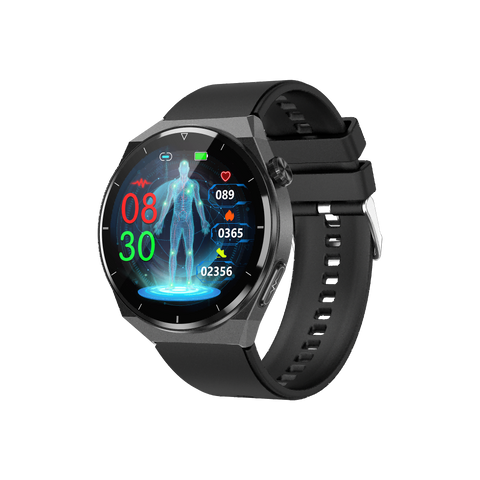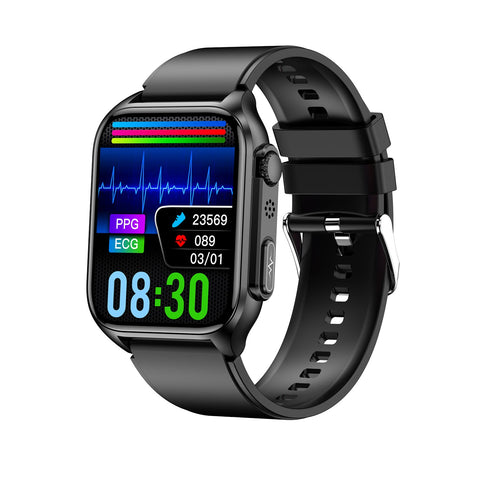How Your Heart Rate Unlocks Smarter Sleep Stages
Have you ever wondered what happens to your body while you sleep? While it may seem like a time of rest and relaxation, sleep is a dynamic process characterized by distinct stages that serve various functions. One essential aspect of monitoring and understanding your sleep stages is your heart rate.
The Basics of Sleep Stages
Before diving into the role of heart rate in sleep, let's briefly review the different stages of sleep:
-
Stage 1 (Light Sleep): This is the transition phase between wakefulness and sleep. Your heart rate begins to slow, and your muscles relax.
-
Stage 2 (True Sleep): During this stage, your heart rate and breathing become more regular, and your body temperature decreases.
-
Stages 3 & 4 (Deep Sleep): These are the deepest and most restorative stages of sleep. Your heart rate and breathing reach their lowest levels, and your body repairs and regenerates tissues.
-
REM Sleep (Rapid Eye Movement): REM sleep is associated with dreaming and cognitive processing. During this stage, your heart rate and breathing become more irregular, and your brain activity increases.
The Connection Between Heart Rate and Sleep Stages
Your heart rate is intimately linked to your sleep stages, fluctuating throughout the night as you transition between different phases of sleep. Here's how:
-
Heart Rate Variability (HRV): HRV refers to the variation in time intervals between consecutive heartbeats. It's an indicator of the autonomic nervous system's balance and reflects your body's ability to adapt to stress. During REM sleep, when your brain activity is high and dreams occur, HRV tends to increase, indicating greater physiological arousal.
-
Heart Rate During Deep Sleep: In contrast, during deep sleep stages (stages 3 & 4), your heart rate and breathing slow down significantly as your body focuses on physical restoration and recovery. Monitoring your heart rate during deep sleep can provide insights into the quality and depth of your restorative rest.
Tracking Your Heart Rate for Smarter Sleep
With the advent of wearable technology and sleep tracking devices, monitoring your heart rate during sleep has never been easier. By leveraging these tools, you can gain valuable insights into your sleep patterns and make informed decisions to improve sleep quality. Here's how:
-
Identify Patterns: Track your heart rate during sleep over time to identify patterns and trends. Notice how your heart rate fluctuates throughout the night and how it correlates with different sleep stages.
-
Optimize Sleep Environment: Use your heart rate data to optimize your sleep environment. Experiment with factors such as room temperature, bedding, and sleep position to create conditions conducive to better sleep quality.
-
Adjust Lifestyle Habits: Pay attention to how lifestyle factors such as exercise, caffeine intake, and stress levels impact your heart rate during sleep. Make adjustments as needed to promote healthier sleep habits.
-
Seek Professional Guidance: If you notice persistent abnormalities or irregularities in your heart rate during sleep, consult a healthcare professional for further evaluation. It could be a sign of an underlying sleep disorder or medical condition that requires attention.
Your heart rate is a powerful indicator of your sleep quality and can provide valuable insights into your overall health and well-being. By paying attention to your heart rate during sleep and leveraging technology to track and analyze it, you can unlock smarter sleep and wake up feeling refreshed and rejuvenated each morning. So listen to your heart—it may just hold the key to better sleep.













